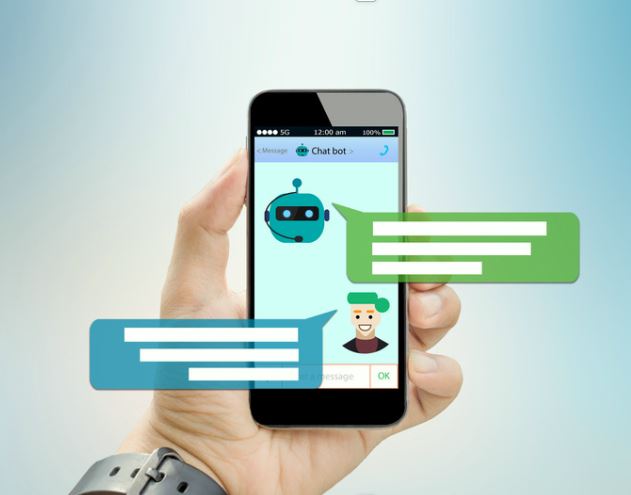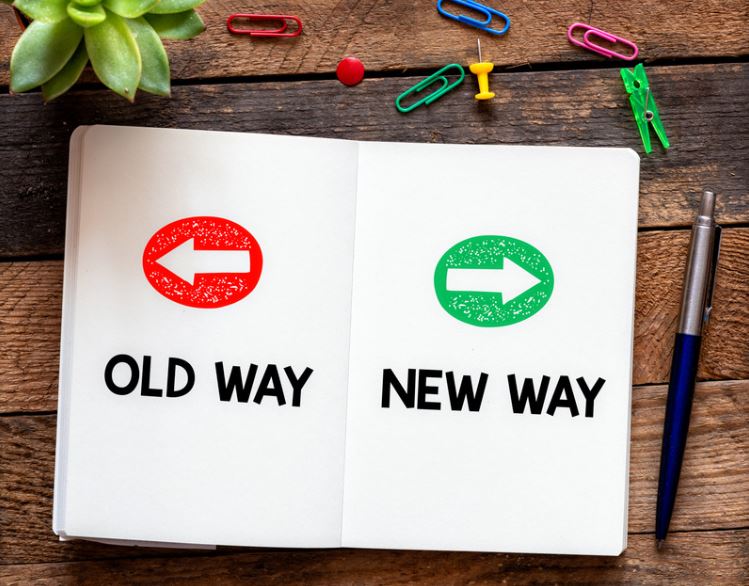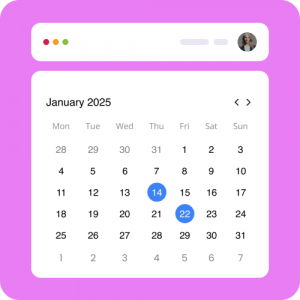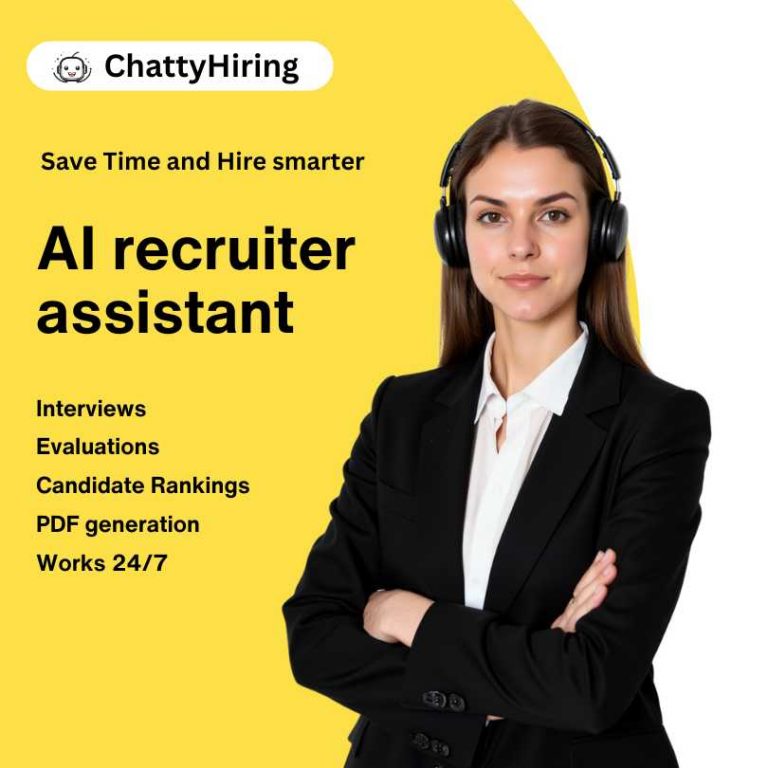As organizations strive to enhance their hiring processes, AI bots have emerged as powerful tools that can streamline recruitment operations, improve candidate experiences, and ultimately lead to better hiring decisions. The rise of AI in recruitment is not merely a trend; it represents a fundamental shift in how companies approach talent acquisition.
With the ability to analyze vast amounts of data quickly and accurately, AI systems can identify patterns and insights that human recruiters might overlook, thereby enhancing the overall efficiency of the recruitment process. Moreover, the integration of AI into recruitment is fueled by the increasing demand for speed and efficiency in hiring. In a competitive job market, organizations cannot afford to take weeks or months to fill critical positions.
AI-driven tools can automate repetitive tasks such as resume screening and initial candidate assessments, allowing human recruiters to focus on more strategic aspects of their roles. This shift not only accelerates the hiring timeline but also improves the quality of hires by ensuring that only the most suitable candidates are presented for consideration. As a result, businesses are increasingly adopting AI technologies to stay ahead in the race for top talent.
Key Takeaways
- AI bots can lead to benefits such as reduced time and cost for hiring purposes.
- AI bots automate repetitive tasks in the recruiting space, analyzing candidate data, and providing personalized interactions.
- Challenges in implementing AI bots in business include data privacy concerns, potential bias in algorithms, and efficiency to maximize their output.
- The future of recruitment with AI bots is expected to involve more advanced technologies, improved candidate matching, and increased integration with human resources for a holistic approach.
Benefits of Implementing AI Bot in Business
The implementation of AI bots in business offers a multitude of benefits that extend beyond mere efficiency gains. One of the most significant advantages is the enhancement of candidate engagement throughout the recruitment process. AI bots can provide instant responses to candidate inquiries, schedule interviews, and send reminders, creating a seamless communication channel that keeps candidates informed and engaged.
This level of responsiveness is crucial in today’s fast-paced job market, where candidates often juggle multiple opportunities and expect timely feedback from potential employers. Additionally, AI bots can significantly reduce the administrative burden on HR teams. By automating routine tasks such as data entry, scheduling, and follow-up communications, AI bots free up valuable time for HR professionals to focus on strategic initiatives such as talent development and employee engagement.
This not only improves overall productivity but also enhances job satisfaction among HR staff, who can devote their efforts to more meaningful work rather than being bogged down by repetitive tasks. Furthermore, the cost savings associated with reduced administrative overhead can be substantial, allowing organizations to allocate resources more effectively.

How automation streamlines the recruitment process
AI bots play a pivotal role in streamlining the recruitment process by automating various stages of candidate interaction. From the moment a job opening is posted, AI bots can assist in sourcing candidates by scanning online platforms and databases to identify potential matches based on predefined criteria. This proactive approach not only widens the talent pool but also ensures that recruiters have access to a diverse range of candidates who may not have applied directly.
Once candidates express interest in a position, AI bots can facilitate initial screenings through chat-based interactions or automated questionnaires. These interactions can assess candidates’ qualifications, skills, and cultural fit without requiring human intervention. By filtering out unqualified applicants early in the process, AI bots help recruiters focus their efforts on high-potential candidates who are more likely to succeed in the role.
This targeted approach not only saves time but also enhances the overall quality of the candidate pipeline.
Overcoming challenges in implementing AI Bots
Despite the numerous advantages of implementing AI bots in recruitment, organizations may encounter several challenges during the integration process. One significant hurdle is the resistance to change among HR professionals who may be accustomed to traditional recruitment methods. To overcome this resistance, it is essential for organizations to provide comprehensive training and support to HR teams, emphasizing how AI can complement their roles rather than replace them.
| Challenges | Solutions |
|---|---|
| Lack of Data | Collect more relevant data and use data augmentation techniques. |
| Integration with Existing Systems | Work with IT teams to ensure seamless integration and compatibility. |
| Regulatory Compliance | Stay updated with regulations and ensure AI bot meets compliance standards. |
| User Acceptance | Provide training and education to users to increase acceptance and adoption. |
| Performance Monitoring | Implement robust monitoring tools to track AI bot performance and make necessary adjustments. |
By fostering a culture of collaboration between human recruiters and AI technologies, businesses can create an environment where both can thrive. Another challenge lies in ensuring that the AI bot is equipped with accurate and relevant data to make informed decisions. Poorly designed algorithms or biased training data can lead to skewed results and potentially discriminatory practices in hiring.
Organizations must invest time and resources into developing robust AI systems that are regularly updated and monitored for performance.
This includes conducting audits to identify any biases in the algorithms and making necessary adjustments to ensure fairness and transparency throughout the recruitment process.
The Future of recruitment
The future of recruitment is poised for further transformation as AI bots continue to evolve and become more sophisticated. As machine learning algorithms advance, these bots will be able to analyze not only hard skills but also soft skills and personality traits, providing deeper insights into candidate suitability. This evolution will enable organizations to make more informed hiring decisions based on a holistic understanding of each candidate’s potential fit within the company culture.
Moreover, as AI technology becomes more accessible, smaller businesses will also be able to leverage these tools to compete for top talent. The democratization of AI in recruitment means that organizations of all sizes can benefit from enhanced efficiency and improved candidate experiences. As a result, we can expect a more level playing field in talent acquisition, where innovative startups can attract skilled professionals alongside established corporations.
Ensuring Fairness and Avoiding Bias
Perpetuating Biases
For example, if an organization has historically favored candidates from certain demographics or educational backgrounds, an AI bot trained on this data may continue to favor those profiles, leading to a lack of diversity in hiring.
Mitigating Risks
To mitigate these risks, organizations must prioritize fairness and transparency in their AI recruitment processes. This involves implementing rigorous testing protocols to evaluate the performance of AI algorithms and ensure they do not discriminate against any group. Additionally, organizations should consider using diverse datasets during the training phase to create a more balanced representation of candidates.
Proactive Monitoring
Regular audits and assessments of AI systems can help identify any biases that may arise over time, allowing organizations to make necessary adjustments proactively.

Training and development of Bots for recruitment
The training and development of AI bots for recruitment is a critical aspect that determines their effectiveness and reliability. Organizations must invest in creating comprehensive training programs that encompass not only technical skills but also an understanding of human behavior and organizational culture. This dual focus ensures that AI bots are equipped to engage with candidates meaningfully while also aligning with the company’s values and objectives.
Furthermore, continuous learning is essential for AI bots to remain relevant in an ever-changing job market. As new skills emerge and industry demands shift, organizations should implement mechanisms for ongoing training and updates to their AI systems. This could involve incorporating feedback from HR professionals who interact with the bots regularly or utilizing real-time data analytics to refine algorithms based on current hiring trends.
By fostering a culture of continuous improvement, organizations can ensure that their AI bots remain effective tools for recruitment.
The integration of AI bots with human resources functions is crucial for creating a holistic recruitment approach that maximizes the strengths of both technology and human insight. While AI bots excel at processing large volumes of data and automating routine tasks, human recruiters bring invaluable emotional intelligence and contextual understanding to the hiring process. By combining these strengths, organizations can create a more effective recruitment strategy that leverages technology while maintaining a personal touch.
To achieve this integration, organizations should establish clear communication channels between HR teams and AI systems. This could involve regular meetings where HR professionals provide feedback on bot performance or share insights about candidate interactions that may not be captured by algorithms alone.
Additionally, organizations should encourage collaboration between technical teams responsible for developing AI systems and HR professionals who understand the nuances of talent acquisition.
By fostering this collaborative environment, businesses can create a recruitment process that is both efficient and empathetic, ultimately leading to better outcomes for both candidates and employers alike.
If you are interested in learning more about improving the candidate experience with AI in recruitment, you may want to check out the article “7 Strategies for Improving AI Candidate Experience”. This article provides valuable insights into how businesses can enhance the recruitment process using AI technology. Additionally, for tips on boosting productivity in recruitment teams, you can read the article “Productivity in Recruitment Teams”. These resources offer practical advice for implementing AI recruitment bots in business effectively.
FAQs
What is an AI recruitment bot?
An AI recruitment bot is a software application that uses artificial intelligence and natural language processing to automate various aspects of the recruitment process, such as screening resumes, scheduling interviews, and answering candidate queries.
How does an AI recruitment bot work?
An AI recruitment bot works by using machine learning algorithms to analyze and understand large volumes of data, such as resumes and job descriptions. It can then use this information to match candidates with suitable job openings, conduct initial interviews, and provide personalized feedback to candidates.
What are the benefits of implementing an AI recruitment bot in business?
Some of the benefits of implementing an AI recruitment bot in business include increased efficiency in the recruitment process, reduced bias in candidate selection, improved candidate experience, and the ability to handle a large volume of applications with minimal human intervention.
What are the potential challenges of implementing an AI recruitment bot in business?
Some potential challenges of implementing an AI recruitment bot in business include the need for ongoing training and maintenance of the bot, concerns about data privacy and security, and the potential for the bot to inadvertently perpetuate biases present in the data it is trained on.
How can businesses implement an AI recruitment bot?
Businesses can implement an AI recruitment bot by first identifying their specific recruitment needs and goals, selecting a suitable AI recruitment bot solution, integrating the bot with their existing recruitment systems, and providing training to HR staff and hiring managers on how to effectively use the bot.
-

A passionate advocate for the future of HR innovation. With expertise in leveraging AI to revolutionize recruitment processes, Carlos has a clear vision: empower HR teams while creating meaningful candidate experiences.
View all posts




